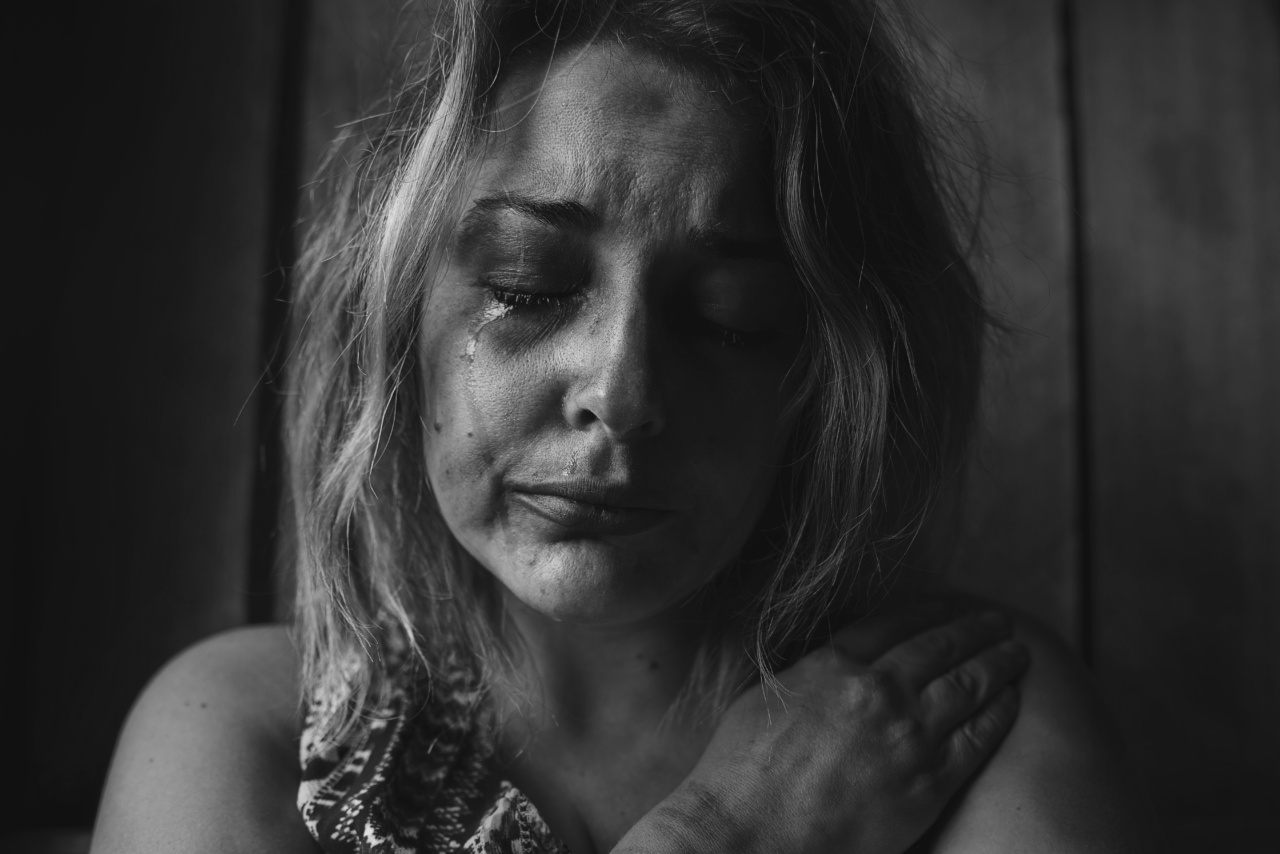Crones have been a subject of fear and mistrust in many cultures throughout history. The term “crone” is often used to describe an old woman who is seen as a figure of fear and malevolence.
Despite the negative connotations associated with the term, crones have also been seen as wise and powerful figures in some cultures. In this article, we will explore some of the reasons why people fear crones and the historical and cultural factors that have contributed to this fear.
The Historical Context
The fear of crones has its roots in ancient mythology and folklore. In many cultures, old women were seen as witches or sorceresses who possessed magical powers that they could use to harm others.
This fear was particularly strong during the medieval period, when the Catholic Church saw witches as agents of the devil. The Inquisition hunted down and executed thousands of women who were accused of witchcraft, often based on flimsy evidence or malicious rumors.
The stereotype of the malevolent old woman persisted into the modern era, even as the witch hunts died out. In literature and media, crones are often portrayed as wicked witches who use their powers for evil purposes.
This stereotype can be seen in classic fairy tales like “Hansel and Gretel,” in which the witch lures children into her gingerbread house in order to eat them.
The Fear of Aging
One reason why people fear crones is because they represent the realities of aging. As people age, their bodies and minds begin to deteriorate, leading to physical and cognitive decline.
This can be a frightening prospect, as it represents the loss of youth, vitality, and independence. Crones are seen as a reminder of these realities, and their presence can evoke feelings of discomfort and unease.
The fear of aging is often amplified by cultural attitudes towards older people. In many societies, including Western culture, older people are devalued and marginalized.
They are often seen as less productive and less valuable than younger people, and may be subjected to ageism and discrimination. These attitudes can contribute to a negative perception of crones, and can make it difficult for older women to be respected and valued in their communities.
The Power of Women
Another reason why people may fear crones is because of the power that women possess. Crones are often associated with witchcraft and magic, which represent a kind of power that is traditionally attributed to women.
This power can be perceived as threatening, particularly in patriarchal societies where women are expected to be submissive and obedient.
The fear of women’s power is deeply ingrained in many cultures. In the Western world, women were traditionally excluded from positions of power and authority, and were often confined to the domestic sphere.
Even today, women are underrepresented in many fields, including politics, business, and academia. The perceived threat of women’s power may contribute to the negative perception of crones and older women in general.
The Portrayal of Crones in Popular Culture
Crones have been a staple of popular culture for centuries, and their portrayal in media has contributed to the fear and mistrust surrounding them.
In movies, TV shows, and books, crones are often depicted as grotesque and frightening figures, with warts, long noses, and crooked teeth. They are often shown as cackling, evil beings who are out to harm the innocent.
One notable example of this stereotype is the character of the Wicked Witch of the West in “The Wizard of Oz.” With her green skin and hook nose, she is a classic representation of the crone trope.
Similarly, the evil stepmother in “Snow White” is often portrayed as a crone-like figure, with her pointed hat and broomstick.
The Resurgence of Crone Culture
Despite the negative stereotypes and cultural attitudes surrounding crones, there has been a resurgence of interest in crone culture in recent years.
This movement aims to reclaim the term “crone” and redefine it as a positive and empowering term for older women. According to proponents of crone culture, the term should be seen as a badge of honor, representing wisdom, experience, and self-knowledge.
Many women are embracing the crone identity and rejecting the negative stereotypes associated with aging and women’s power. They are forming croning circles, in which they gather to celebrate their cronehood and share their experiences.
These circles provide a supportive community for older women, and help to counter the negative attitudes that society may hold towards them.
The Way Forward
As our society continues to age, it is important to challenge the negative attitudes and stereotypes that surround aging and older women.
We need to recognize the value and worth of older people, and create more inclusive and supportive communities for them. This means rejecting ageism and discrimination, and embracing diversity and inclusivity.
It also means redefining the narrative around crones. We need to move away from the negative stereotypes and acknowledge the wisdom and experience that older women possess.
This can be done through storytelling and media representation that portrays crones as powerful and wise figures who have much to offer the world.
Conclusion
In conclusion, the fear of crones has its roots in ancient mythology and folklore, and has been perpetuated by negative attitudes towards aging and women’s power.
However, there is a growing movement to redefine the crone identity and celebrate the wisdom and experience that comes with age. By challenging these negative attitudes and stereotypes, we can create a more accepting and inclusive society for all.































